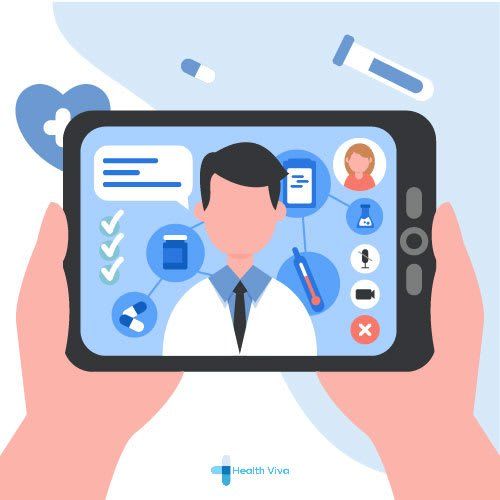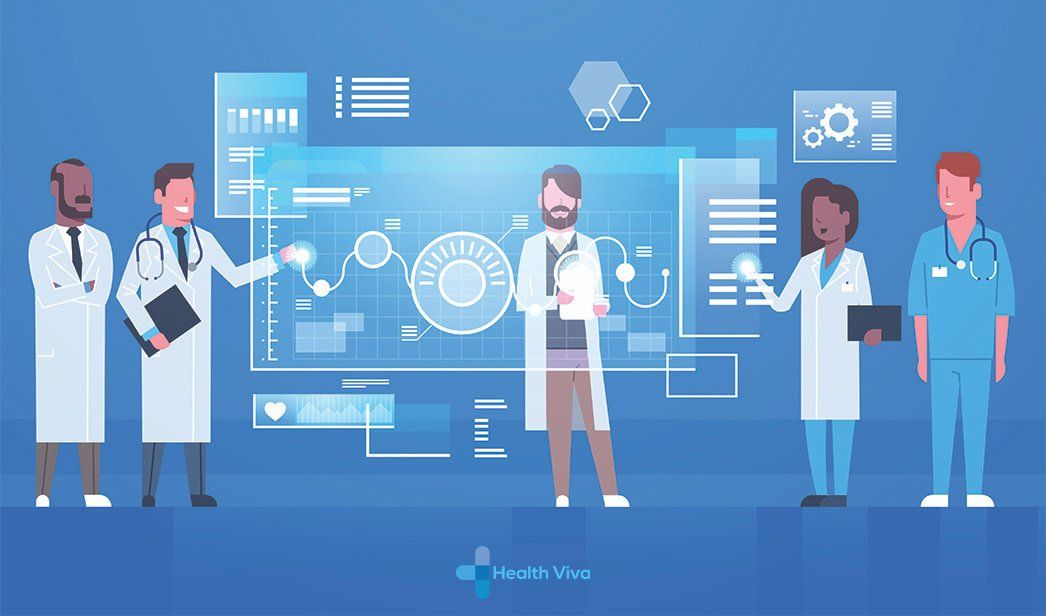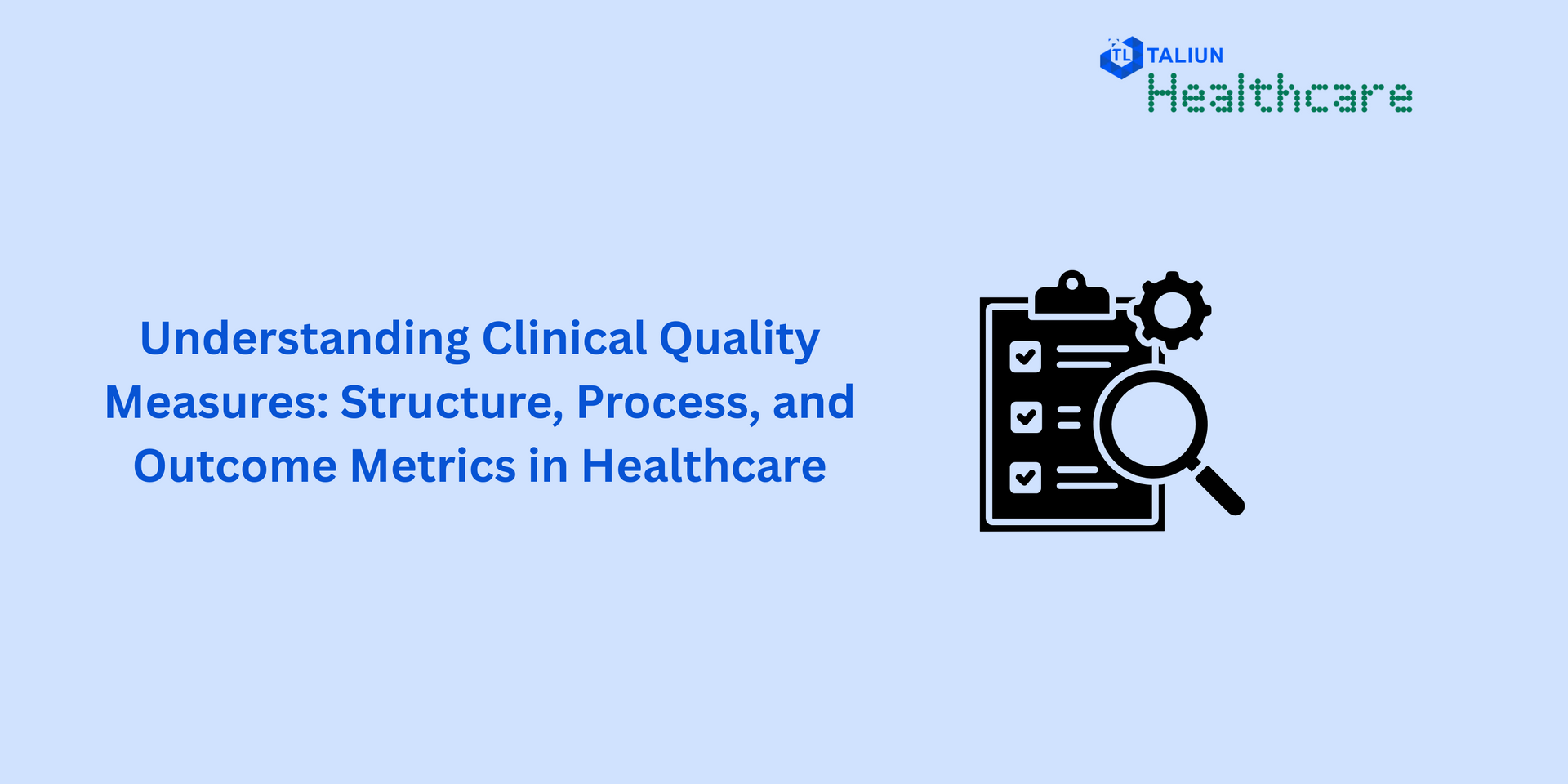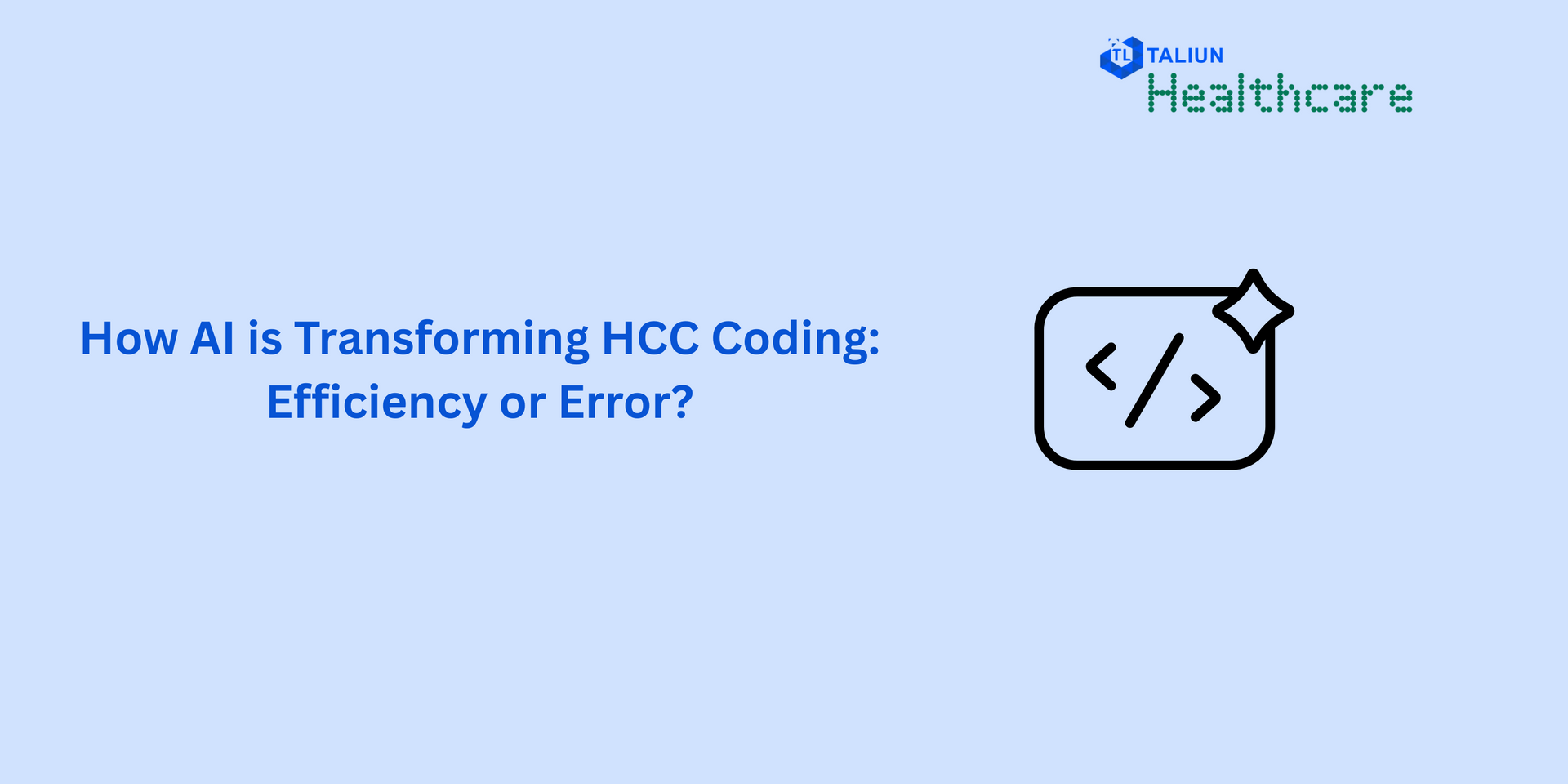Digital Health Impact Trends in 2021
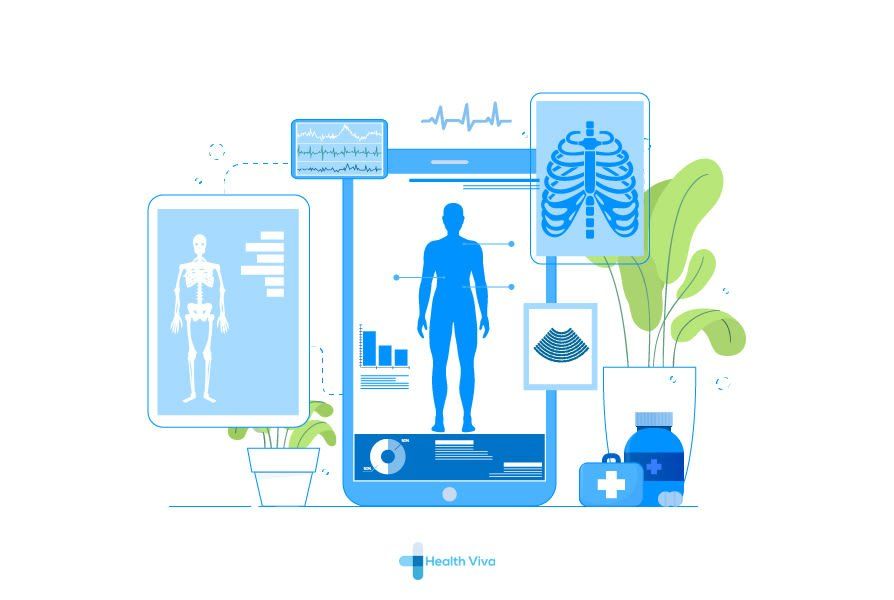
Howdy!
We're back with another story covering some of the Digital Health Trends in 2021 that actually are having major impacts that we all care for.
With a record year of investments in healthcare startups, throughout 2020, today we are sharing insights on some of the key trends in Digital Health that are going to make an impact in 2021.
Digital Health Apps will bring the needed recovery for the travel industry in 2021
By the end of 2021, travel companies will bring up green health apps which will allow planning and executing travels only through digital health certificates. Such apps will potentially collect health data of the travelers, the recent medical history and will require vaccine certificates or RT PCR Reports before allowing a port of entry. Such Digital Health apps will also help potential travelers to plan their travel in compliance with the change in government guidelines across the globe.
Patients seeing clinicians virtually and perform different activities
With the onset of big pharmacy and provider chains partnering with telehealth digital providers, the impact of telehealth will see all-time new highs. With a lot of new features getting enrolled, what it means for the general consumer is they should be able to perform multiple set of activities while getting the required telehealth sessions in the comfort of the home -
- Knowing about the symptoms and finding a care path
- Submitting medical records online while scheduling an appointment
- e-Prescription providing facility to place an Rx order to the nearest pharmacy
- Getting the orders delivered doorstep
- Placing an order to a lab and getting the samples collected from home
- Getting Claims status real-time and disbursement of medicines
AI usage in Clinical Research and Medical Imaging technologies to boom
With Artificial Intelligence progressing through machine learning, deep learning, neural networks, Natural Language Processing (NLP), Natural Language Understanding (NLU), Natural Language Generation (NLG), and Computer Vision, a lot of emphasis is on shortening the discovery cycle time in clinical research. With the availability of huge datasets and the integrations that are happening around clinical records and genomic data, investments are happening rapidly in discovering new medicines or drug targets.
Frameworks will evolve further that will bring the capabilities of machines to learn from the structured data set and generate complex content rapidly. This is going to create compelling narratives that have many use cases in the clinical research domain.
With computer vision capabilities enhancing Medical Imaging is going to get the biggest benefits this year. With the identification of imaging abnormalities to estimate diagnostic accuracy, a lot of outcome-based AI initiatives will leverage some of the API services like Google Cloud Vision, Microsoft computer vision, Amazon Rekognition, IBM Watson Visual Recognition popularly used for object identification, text extraction, image understanding by processing images and videos.
As per a recent data published back in Dec 2020 by Grand View Research:
The global medical imaging market size was valued at USD 15.9 billion in 2020 and is expected to expand at a compound annual growth rate (CAGR) of 5.2% from 2021 to 2028. Major factors driving the industry are the increasing demand for early-stage diagnosis of chronic disease and rising aging demographics, which is expected to boost the demand for diagnostic imaging across the globe.
Adios!
Team HealthViva


